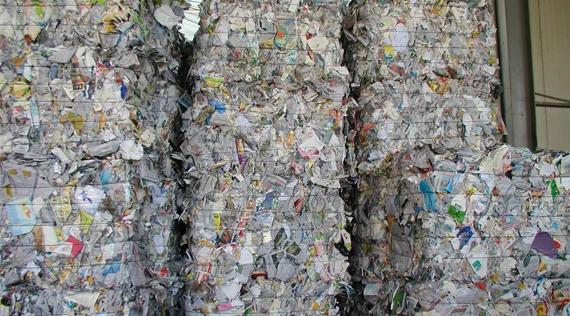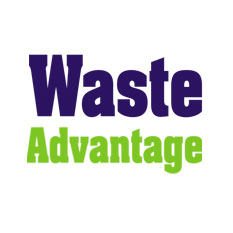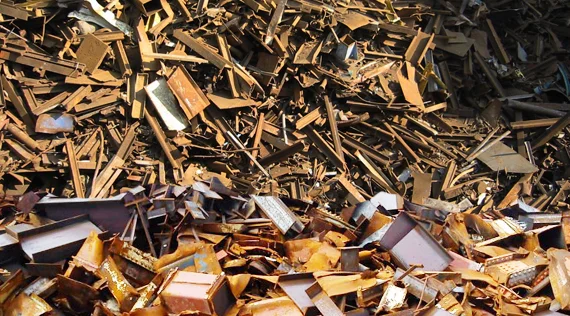Could Plastic-Eating Microbes Take a Bite Out of the Recycling Problem?
Waste & Recycling | 2021-07-06 00:40:45
Some scientists have already found bacteria that wield enzymes able to break down a common plastic used to make water bottles and clothing.

SEATTLE (Waste Advantage): Muhammad Reza Cordova is searching for treasure amid the water bottles, plastic bags, and plastic foam cups that choke the beaches, reefs, and mangrove forests around Jakarta, Indonesia. In the microbe-rich slime coating some of that trash, he hopes to find organisms to help solve the vexing problem of what to do with the plastic flooding the planet. Cordova, a marine biologist, collects samples of the slime and brings them back to his lab at Indonesia’s Research Center for Oceanography, where he plans to culture the microbes and feed them only plastic to see what thrives. “We are hoping that we find the most effective microbes that can eat or degrade the plastic,” he says.
Researchers across the globe are on the same quest. They are looking for plastic-munching microbes in searing hot springs in Yellowstone National Park, remote island beaches in the Pacific Ocean, and a plastic recycling factory in Japan, among other places. Some scientists have already found bacteria that wield enzymes able to break down a common plastic used to make water bottles and clothing.
The scientists think the microbes’ enzymes—proteins that speed chemical reactions—might help recycle some kinds of plastic, much of which gets buried in landfills, burned, or washed into rivers and oceans. Although industrial chemicals can break down plastics, using enzymes is potentially a greener approach, requiring less energy, that can also target specific plastics mixed with trash. “Nature is the most amazing recycler because it wastes nothing,” says John McGeehan, a structural biologist at the United Kingdom’s University of Portsmouth who leads an enzyme-hunting project that Cordova is part of.
Courtesy: www.wasteadvantagemag.com
 By
By 



